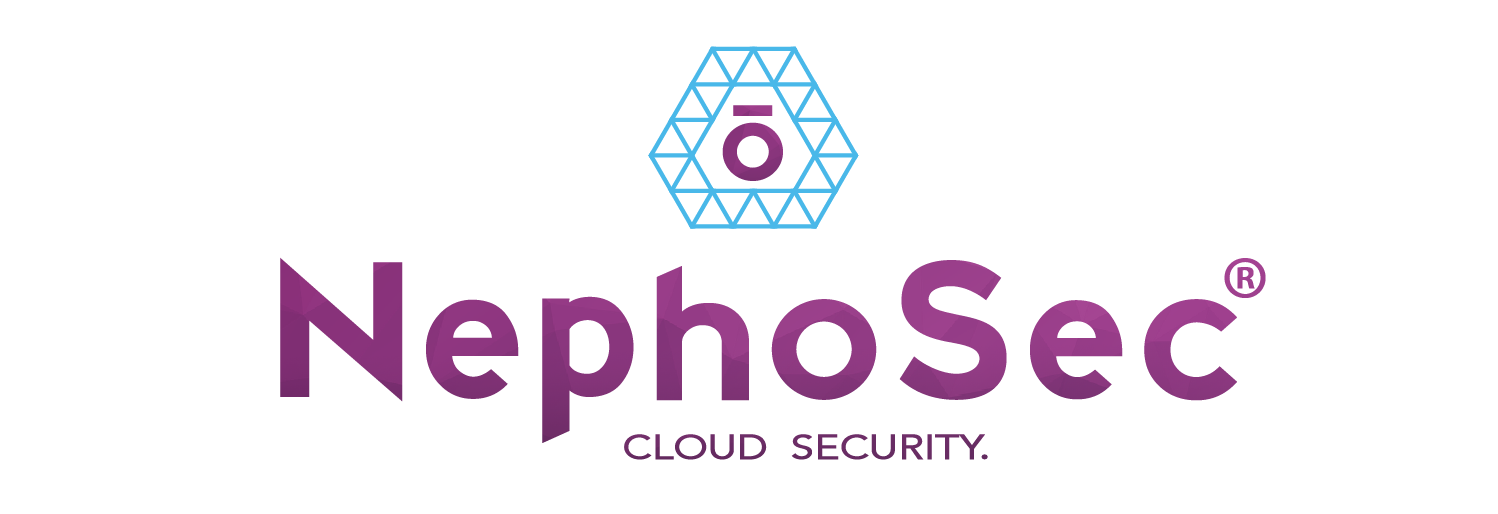Security Best Practices for Removable Media and Devices
Isaac Painter, Security Business Operations & Content Lead, Adobe 6/29/2020
Content Provided by the National Cyber Security Alliance (NCSA)
For those of us who have an altruistic desire to be good global citizens, when we find something that doesn’t belong to us our first inclination is to try and identify who it belongs to. Others, could have “selfish” intentions, and say “finders-keepers!”. In either of the above scenarios, the negative impact could be the same if the item that is found is removable media or a removable device that has malicious software embedded within – so finder beware.
Removable media and devices are portable hardware. The most common is a USB flash drive but other forms could be an external hard drive or SD card.
When it comes to cyber security best practices, removable media and devices must only be plugged or inserted into your computer if you trust/know the source. For example, if you found a USB flash drive in the grass near your office, there’s a chance it wasn’t dropped there by accident but planted there. A cyber attacker would try to social engineer someone into plugging the device into a computer. Whether the intention is to find out who it belongs to or keep it, the attacker wins and could successfully execute whatever malicious software might be pre-installed on the removable media or device.
Plugging or inserting only trusted removable media or devices into your computer is the best protection against this type of attack. Other preventive and detective measures would be:
- Install, run, and update anti-malware/anti-virus software on your computer.
- Do not enable auto-run features. These features automatically run whatever programs are installed on the media or device.
- Delete data on your computer, media, or device once its usefulness has expired. Redundancy of data results in more potential risks.
- Use a data blocker.
- Use strong passwords and rotate them if you suspect they’ve been compromised.
As always, be extra careful with anything that does not come from sources you trust. That extra care is one of your best defenses against security issues.
Content provided by the National Cyber Security Alliance (NCSA)
For more videos about Best Practices and being #BeCyberSmart, subscribe to NephōSec’s YouTube channel and checkout our National Cybersecurity Awareness Playlist.



